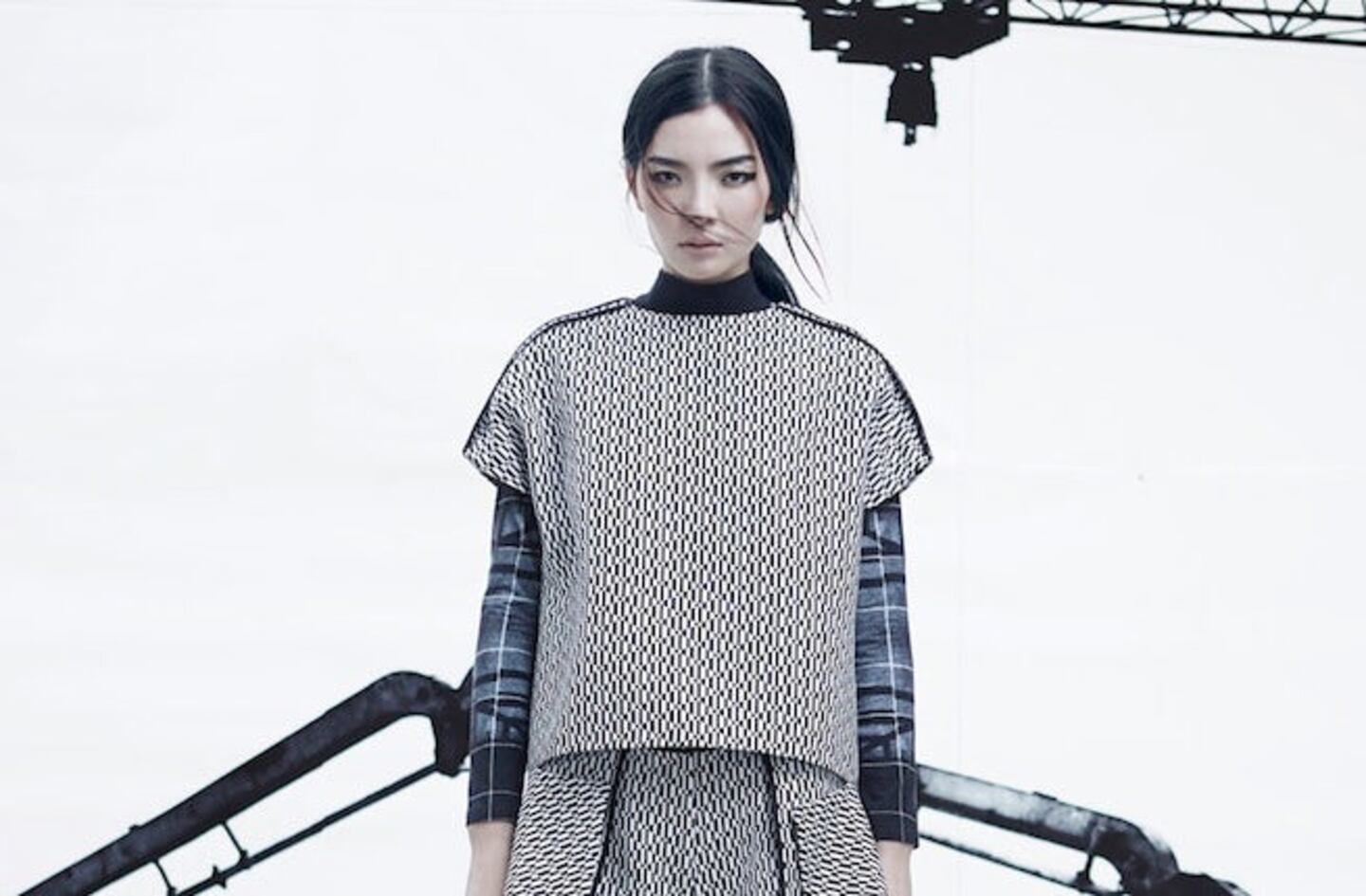
The Business of Fashion
Agenda-setting intelligence, analysis and advice for the global fashion community.

Agenda-setting intelligence, analysis and advice for the global fashion community.

BEIJING, China — The luxury sector in China is feeling the chill of a slower economy. To make it even worse, the new Xi Jingping government has introduced a serious anti-corruption and anti-extravagance campaign.
Almost entirely dominated by European and American brands, the wild boom in luxury sales during the past ten years is closely intertwined with increasing corruption in China. Gift-giving has become part and parcel of securing any government approval and luxury products have become its primary currency. Since the reforms went into effect, watches are probably the category that’s been hardest hit. There was the story of the “Watch Brother,” an official named Yang Dacai, who was exposed on a Chinese social network wearing numerous luxury watches. He was fired and is under investigation for corruption and other charges. Since then, officials no longer wear watches in public. Watch giving is now synonymous with bribery and watch sales figures are down significantly.
Kept women or mistresses were another major source of business for the luxury sector, particularly luxury fashion and accessories. A year ago, there was a scandal around a young woman claiming to be a managerial level employee of the Chinese Red Cross, who took to showing off a fleet of luxury handbags and cars on Chinese social media. She instantly became the symbol of all mistresses in China, commonly known as “Little Three.” Little Threes are avid luxury fashion buyers, for many of them, these luxury items are considered payment for their services.
Thus, for the common Chinese, luxury is no longer associated with beauty and exceptional craftsmanship; instead, it is associated with corruption and moral dilapidation. The current economic downturn, although hard to swallow after two decades of double digit growth, might be a good opportunity for international brands to re-assert their core value to the Chinese public. In fact, this might be the silver lining to slowing growth.
ADVERTISEMENT
In China, fashion has always been about youth and fun rather than status. Chinese have learned to mix Chanel jackets with street-stall jeans and Hermès scarves with online bargains. Probably, the biggest story in Chinese fashion right now is e-commerce. One third of all e-commerce sales in China are in fashion and accessories. And the economic slowdown seems to have had little effect on local Chinese designers and their e-commerce sales. If anything, Chinese designers now find it easier to operate. Banks are also starting to grant loans to small businesses, while fabric producers and garment manufacturers are more keen to take smaller orders from independent labels. Large manufacturers are even setting up separate lines for small labels. And indeed, all this is making life much easier for independent designers. This is probably the biggest silver lining of the current economic slowdown.
I am tooting my own horn a little bit when I say this, since I own a concept store selling Chinese designer products. But I say this because sales are good. We grew 60 percent each year for the past two years. And this year we might achieve 100 percent growth.
So the economic slowdown is not bad news for everyone. But one thing ’s for certain: it’s definitely bad news for international companies who are still reluctant to tap the incredible online marketing and e-commerce phenomenon which has remade Chinese retail in the past three years. If you are still a print-only brand with lots of brick-and-mortar stores, you might be buoyed by the fact that the shopping malls are busy this summer. Too bad people are there just to enjoy the free air-conditioning.
Hung Huang is a television host, writer and CEO of China Interactive Media Group. She is also the founder of fashion retailer Brand New China (BNC), known for launching young Chinese designers.
A version of this article first appeared in a special print edition of The Business of Fashion, published to accompany the launch of the BoF 500. To get your copy, click here or visit Colette in Paris, Opening Ceremony in New York, London and Los Angeles, Le Mill in Mumbai and Sneakerboy in Melbourne.
With consumers tightening their belts in China, the battle between global fast fashion brands and local high street giants has intensified.
Investors are bracing for a steep slowdown in luxury sales when luxury companies report their first quarter results, reflecting lacklustre Chinese demand.
The French beauty giant’s two latest deals are part of a wider M&A push by global players to capture a larger slice of the China market, targeting buzzy high-end brands that offer products with distinctive Chinese elements.
Post-Covid spend by US tourists in Europe has surged past 2019 levels. Chinese travellers, by contrast, have largely favoured domestic and regional destinations like Hong Kong, Singapore and Japan.